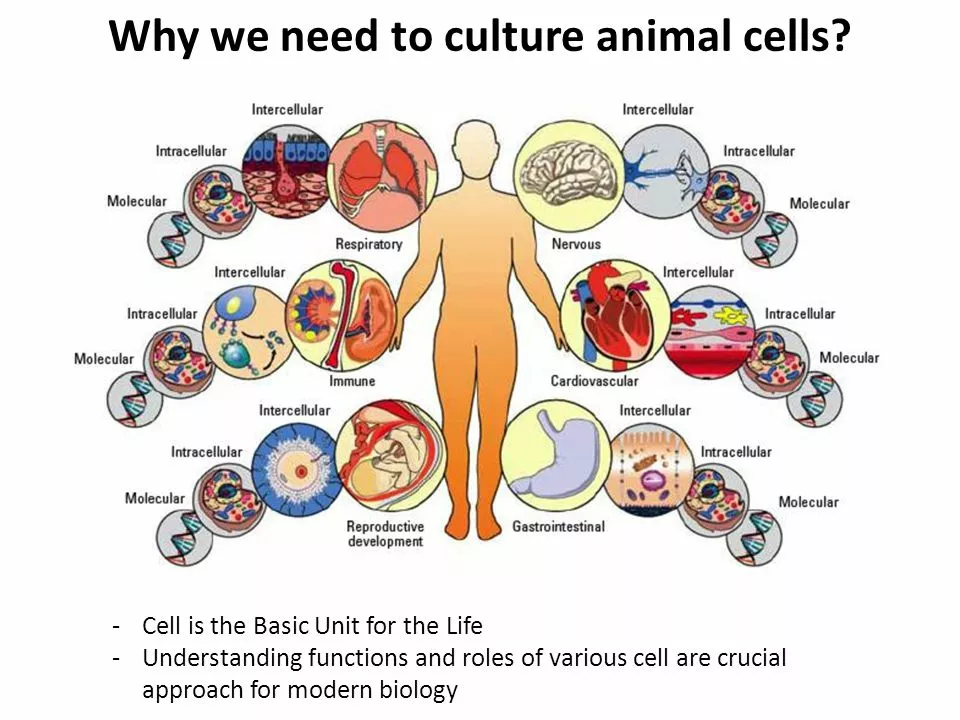Healthy aging: simple habits that add healthy years
Want to feel younger as you get older? Small daily choices matter more than genetics. I focus on practical steps you can use today—sleep, movement, food, pills, and social habits that really move the needle.
Simple habits that work
Sleep: aim for 7 to 8 hours. Poor sleep raises inflammation, ups appetite, and slows recovery. Try a consistent bedtime, dim lights an hour before bed, and drop caffeine after mid-afternoon.
Move: resistance training twice a week preserves muscle and strength. Walks, stair climbs, and short bodyweight sets keep bones and balance strong. If balance is a worry, add one session of gentle practice like tai chi or single-leg stands.
Eat protein and plants. Target protein at each meal—about palm-sized portions—to slow muscle loss. Fill the rest of your plate with vegetables, whole grains, and healthy fats like olive oil and nuts. Cut back on ultra-processed foods and sugary drinks; they cost energy and add inflammation.
Smart use of medication and supplements
Review your meds yearly. Older adults often end up on too many drugs. Ask your doctor or pharmacist which medicines you can stop or lower. That lowers side-effect risks and improves thinking and balance.
Know the big players: control blood pressure, cholesterol, and blood sugar. Meds like statins help prevent heart problems; controlling blood sugar reduces nerve and vision damage. If you take blood thinners or antidepressants, discuss alcohol and other drug interactions with your prescriber.
Supplements can help but don’t replace food. Vitamin D and omega-3s often make sense if your levels are low. Avoid high-dose herbal blends without checking them—some interact with prescription drugs. Get tests first when in doubt.
Protect your brain. Stay socially active, challenge your mind with new skills, and manage mood and sleep. Hearing and vision checks matter—untreated hearing loss links to cognitive decline. Treating hearing and vision problems often improves life quickly.
Prevent falls. Fix loose rugs, add night lights, and use non-slip mats in the bathroom. Strength and balance exercises reduce fall risk more than any gadget. If you feel dizzy or weak, tell your doctor—it’s fixable more often than people expect.
Skin and sun: use sunscreen and moisturize. Skin thins with age and heals slower. For persistent skin issues like rosacea or stubborn redness, talk to a dermatologist—topical options such as ivermectin cream help some people a lot.
Don’t skip routine care: dental cleanings, eye exams, and vaccines like flu and shingles protect your health. Stay hydrated—dehydration can cause dizziness and constipation. Limit alcohol and quit smoking; both speed cell damage and weaken immune response. If stress keeps you up, try short breathing exercises or a 10-minute walk. Small prevention steps save big trouble later and help you enjoy the years you’ve earned, and sleep well nightly.
Finally, track what matters. Pick two goals—better sleep, lower A1c, or one strength move—and measure progress. Small wins build momentum. Healthy aging is not about perfection; it’s about steady, practical steps you can keep doing.

The role of fumarate in supporting healthy aging of the reproductive system
- Apr, 29 2023
- Daniel Remedios
- 16 Comments
In my latest research, I discovered the significant role fumarate plays in promoting healthy aging of the reproductive system. Fumarate, a key component in our cellular metabolism, has been found to maintain the reproductive health by reducing oxidative stress and inflammation. It also helps in preserving the quality of eggs and sperm, thus improving fertility. Additionally, fumarate supports hormone balance, which is crucial for overall reproductive health. In conclusion, incorporating fumarate-rich foods in our diet can contribute to a healthier and more balanced reproductive system as we age.
